Malala Yousufzai is one of the prominent figures in the world, who has given everything to make sure every girl goes to school. There have been some highlighting moments, where she finds herself in the land of controversy for her remarks and criticized for it.
[adinserter block= “3”]
But this time Malala put some light on women’s right to choose what they want to wear as Women’s day approached.
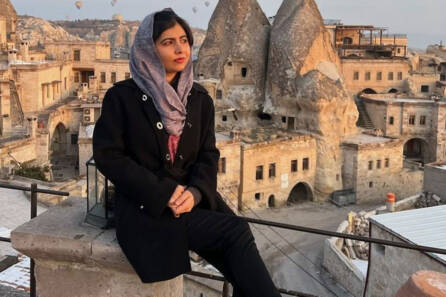
She put her valuable words on paper and take the stance to defend women’s rights on this matter that was mainly pointed out by many people. Along with that she also revealed how she has faced some sort of scenarios from her relative.
Malala Yousufzai on women’s right to choose what to wear
Malala Yousufzai started with how her relative continuously complained to her father about how she “should be at home, not in front of the cameras.” She has been a public figure, she has given various interviews to the publications and spoke about girls’ education.
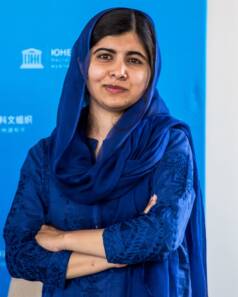
She further added, how if Malala was “going to speak, she should at least cover her face!” She penned, “Girls should be neither seen nor heard – and especially not both at once.”
She continued, “Many people in Swat Valley, Pakistan shared his [Malala’s relative] perspective. Like other Pashtun women, my mother wore a long, hefty embroidered shawl that swirled around her shoulders and covered her face.”
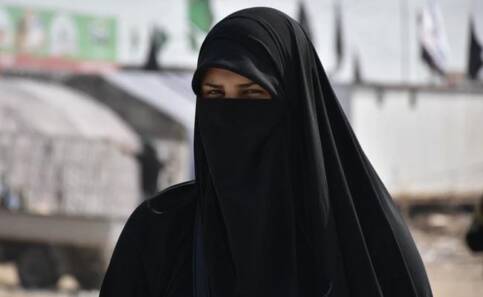
Malala further shared, “When the Taliban took over Swat Valley, and these shawls were not Islamic enough for them. They mandated that all women must wear a black abaya and shuttlecock burqa.
Dare to step outside in anything other than the uniform chosen for you by Taliban men and you risked a severe beating. I, too, wore a burqa for a while when I was 10 or 11 years old.”
[adinserter block= “10”]
‘I refuse to cover my face’ – Malala Yousufzai
She then put some light on how women’s cloth varies their religion and family. Because in Muslim countries, people label women based on their dressing and point out their family as well.
“They might wear shalwar kameez or a business suit. They may wear a scarf around their neck, on their head, covering their face, or no scarf at all. They might wear a burqa,” Malala asserted. She added, “As Pakistani girl transitions into adolescence, her family, neighbors, and even strangers expect her to look a certain way.
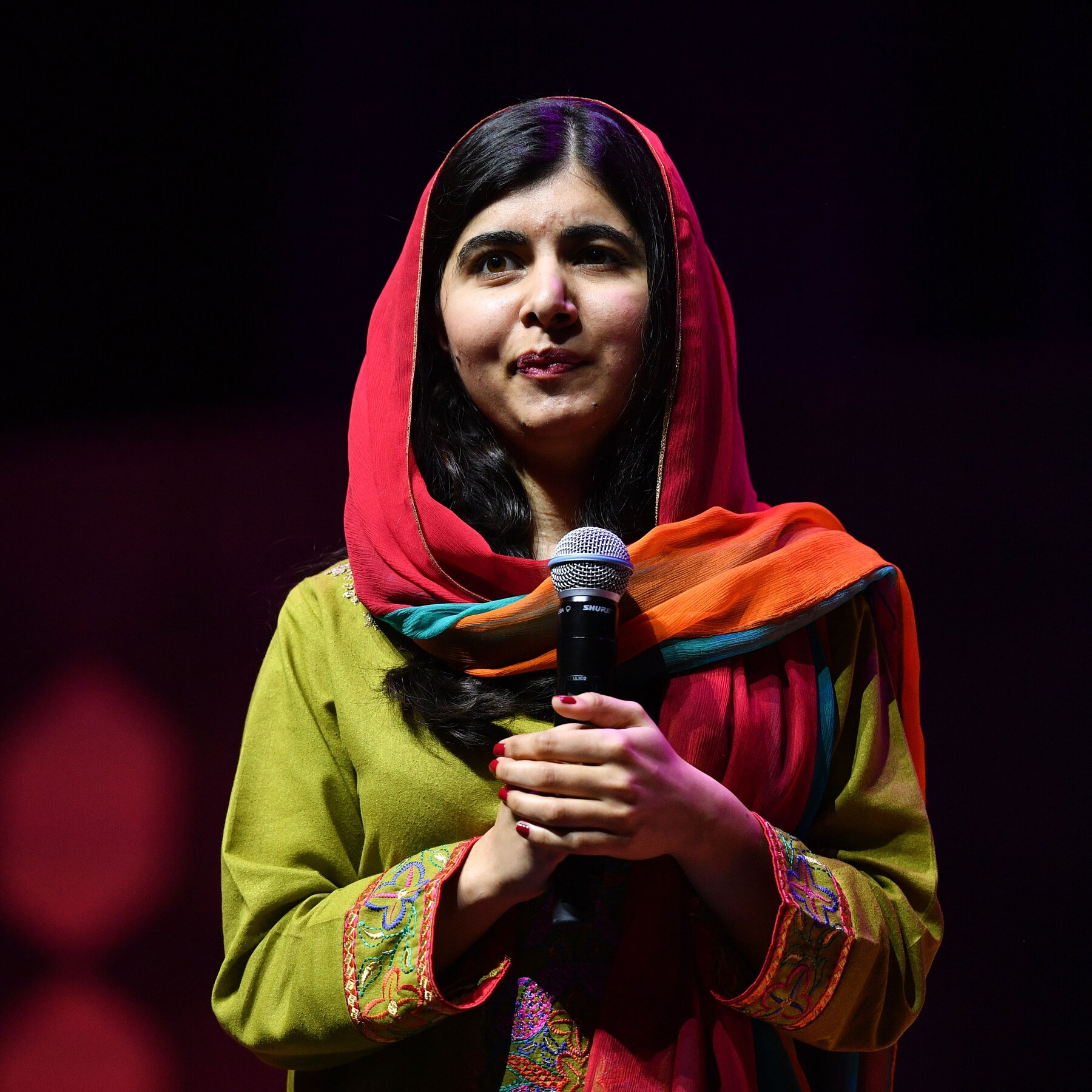
How a girl chooses to dress determines what people think of her and how they will treat her. If you do not follow your community’s established dress code, you’re a threat to the culture, to religion. You’re an outsider, not to be trusted or befriended.”
“My face meant identity, presence, and power for me – and I refused to cover it,” she wrote.
She also pointed out by defending women on clothing, “Around the world, girls are under attack for what they wear.
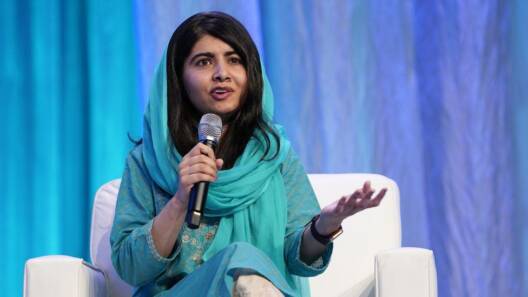
Last month the Indian state of Karnataka banned girls wearing hijabs from classrooms and colleges, forcing them to choose between their educations or suffering the humiliation of removing their head coverings at the school gates.
Senators in France voted 160 to 143 to ban hijabs in sports competitions in January,” she then communicated. “Until last year, schools in Indonesia directed all girls to wear a jibab covering their head, neck, and chest.
Though a recent government decree banned this practice, Christian and other non-Muslim girls report some teachers are still insisting that they wear the jibab. Meanwhile, in Afghanistan, Taliban officials advise women to wear blankets to work.”
Malala Yousuf Zai shared some worldwide examples
She added, “South Africa’s High Court found that a school had violated a Hindu girl’s rights by requiring her to remove her nose ring. Schools in both the United Kingdom and the United States have punished Black girls for their hairstyles, sending them home or giving them detention for wearing their hair as they pleased.

The International Handball Federation required women to wear revealing outfits in competition, while a woman in a similar outfit was told she couldn’t board a plane unless she covered up. In Japan, women are told to wear high heels and take off their eyeglasses at work.”
“Women are constantly being told to put on or take off various items of clothing, constantly sexualized or suppressed. We are beaten at home, punished at school, and harassed in public for what we wear,” she remarked. “Years ago I spoke against the Taliban forcing women in my community to wear burqas – and last month I spoke against Indian authorities forcing girls to remove their hijabs at school.
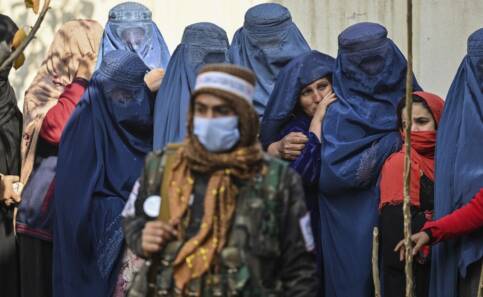
These aren’t contradictions – both cases involve objectifying women. If someone forces me to cover my head, I will protest. If someone forces me to remove my scarf, I will protest.”
She then made a point and shared, “Whether a woman chooses a burqa or a bikini, she has the right to decide for herself. Come and talk to us about individual freedom and autonomy, about preventing harm and violence, about education and emancipation. Do not come with your wardrobe notes.”
‘I was criticized over jeans’ – Malala Yousuf Zai
The Nobel Peace Prize winner recalled the time when she was highly criticized for wearing jeans and a jacket in a picture. “A decade after the Taliban forced women in my community to wear burqas, a photo of me at college in Oxford made news around the world. In it, I am wearing a jacket, jeans, and a scarf around my head,” she wrote.

Further adding on, Malala commented “Some people were shocked to see me out of the traditional shalwar kameez I wore for much of my early life. They criticized me for being too Western and claimed I had abandoned Pakistan and Islam.
Some said the jeans were permissible as long as I kept my scarf on. Others said my scarf was a symbol of oppression and I should take it off as if I could not be fully emancipated until I erased all traces of my ethnicity and faith. I said nothing. I felt no obligation to defend myself or meet anyone’s expectations of me.”
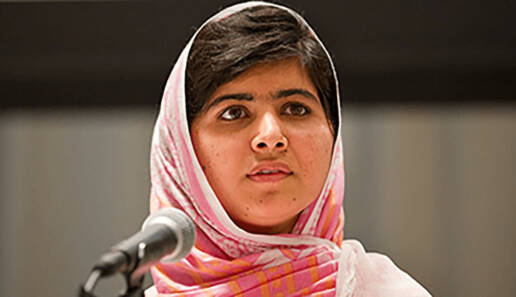
She concluded, “The truth is, I love my scarves. I feel closer to my culture when I wear them. I hope girls from my village will see that someone who looks like them and dresses like them can complete her education, have a career and choose her future.”
[adinserter block= “4”]
“Someday I might make changes to my wardrobe. I also might not. But exploring and understanding clothing will remain part of my life, as will defending every woman’s right to determine what she wears. I love my patterned, floral shalwar kameez. I love my jeans too. And I am proud of my scarves.”
What do you think of the story? Tell us in the comments section below.










